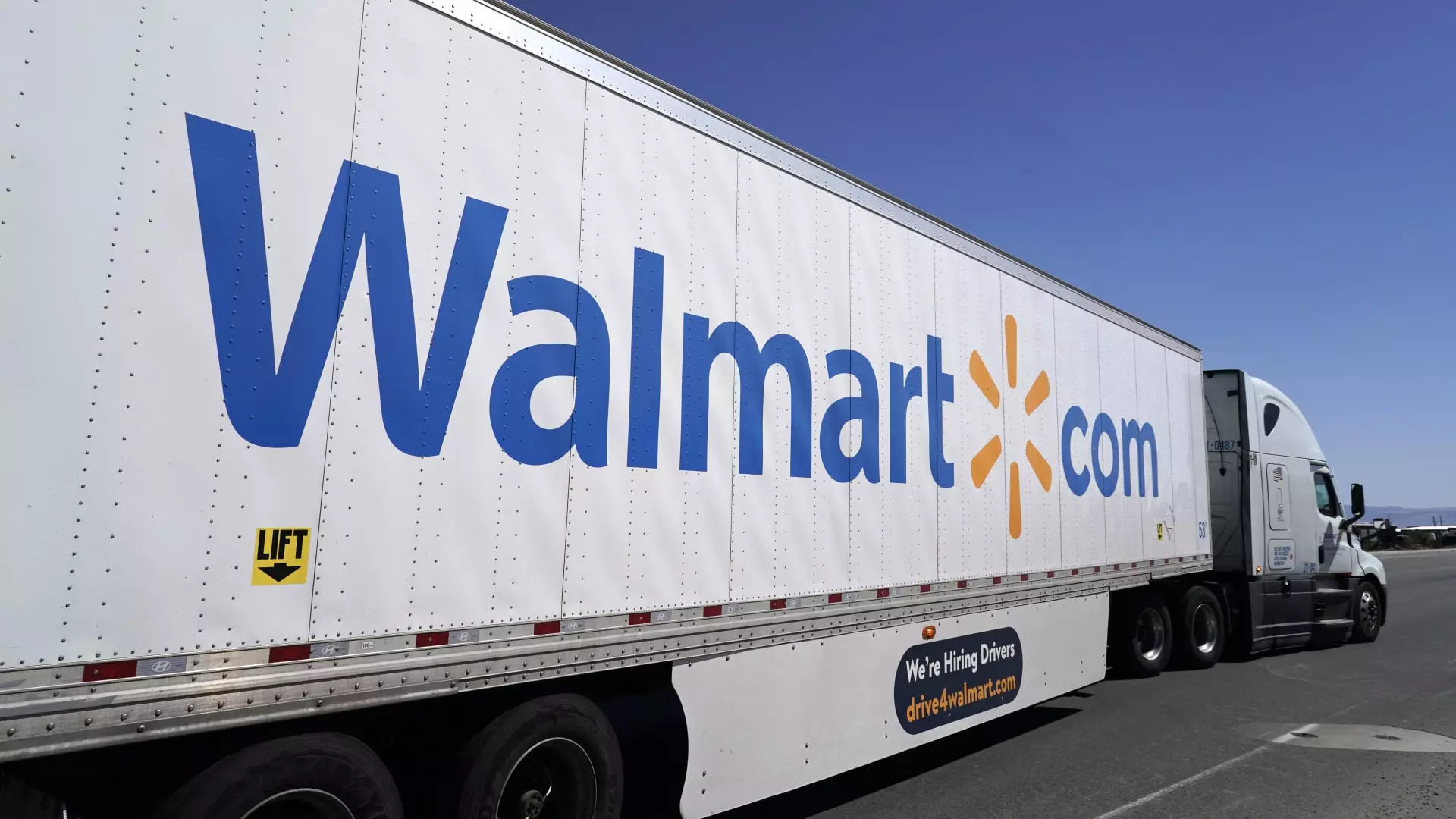The workplace of the gig economy is often portrayed as flexible and liberating, yet increasingly, it has come under scrutiny for potential exploitative practices. A recent case involving Walmart and the work-scheduling platform Branch Messenger highlights the critical issues facing gig workers in terms of financial security and ethical business practices. This article examines the allegations exacted by the Consumer Financial Protection Bureau (CFPB) against these companies, emphasizing the broader implications for gig economy workers.
On a Monday that sent ripples across the gig economy, the CFPB filed an official complaint against Walmart and Branch Messenger, accusing them of coercing delivery drivers into using poorly managed and financially draining deposit accounts to receive their wages. The complaint stated that Walmart’s negligence has influenced over a million gig workers involved in their Spark Driver Program. Such an accusation is seriously alarming, as the basic premise of the gig economy should entail fair compensation without hidden costs or unnecessary barriers.
According to CFPB Director Rohit Chopra, the allegations detail instances where the two companies opened Branch accounts for drivers without their explicit consent. This situation raises significant ethical questions about consent and transparency within gig platforms—a critical aspect that many gig workers often overlook in the pursuit of income. The claim that delivery drivers were threatened with termination for refusing to use the Branch accounts further emphasizes the power imbalance prevalent in this employment model.
The lawsuit highlights the detrimental financial effects that the alleged practices had on drivers. With claims of more than $10 million in so-called “junk fees,” the costs associated with accessing their own earnings paint a grim picture. The lack of transparency regarding when drivers can access funds and the frequent delays they faced only serve to amplify the distress experienced by these workers. Essentially, the delivery drivers, who work tirelessly to provide goods to consumers, are subjected to a financial system that extracts more from them rather than providing the remuneration they have earned.
Detractors might argue that these delivery drivers should have been more diligent in understanding the financial instruments at their disposal. However, the underlying power dynamic cannot be overlooked—the average gig worker often lacks the resources to fully comprehend or contest complicated financial arrangements imposed by larger corporations like Walmart and Branch.
In response to the CFPB’s allegations, Walmart has firmly stated that the lawsuit is misguided, asserting that it contains several factual inaccuracies and exaggerations. This defense raises an important question about accountability: how often do large corporations challenge regulatory bodies without accepting any responsibility, especially when it comes to the treatment of their workers?
On the other hand, Branch Messenger also refuted the claims, labeling the lawsuit as an overreach by the CFPB. Their strong denial raises concerns about the company’s commitment to worker protection. If they truly disagree with the allegations, then transparency and accountability ought to be at the forefront, along with a clear commitment to rectifying any issues.
This lawsuit is not an isolated incident; it is part of a larger pattern of scrutiny toward companies over the management of consumer and worker financial accounts. The CFPB has previously engaged with various enterprises, addressing issues ranging from mishandling federal benefit programs to failing to assist victims of fraudulent activities adequately. These preceding actions underline a nationwide concern about how companies interact with and manage the financial well-being of their employees.
This increasing oversight could be indicative of a necessary movement towards more equitable treatment within the gig economy. As the workforce evolves with technological advancements and the demand for flexible work arrangements grows, regulatory frameworks must adapt to protect the rights and financial interests of gig workers.
The allegations against Walmart and Branch Messenger by the CFPB epitomize the struggles faced by many gig workers in today’s economy. As regulatory bodies delve deeper into the practices of such companies, the importance of corporate responsibility and transparency becomes ever more critical. Workers deserve fair compensation devoid of hidden fees and misleading practices. The intricacies of this case not only illustrate a potential breach of trust but also call for a fundamental reevaluation of how gig economy platforms treat their workers—an essential inquiry as we navigate an ever-evolving labor landscape.

